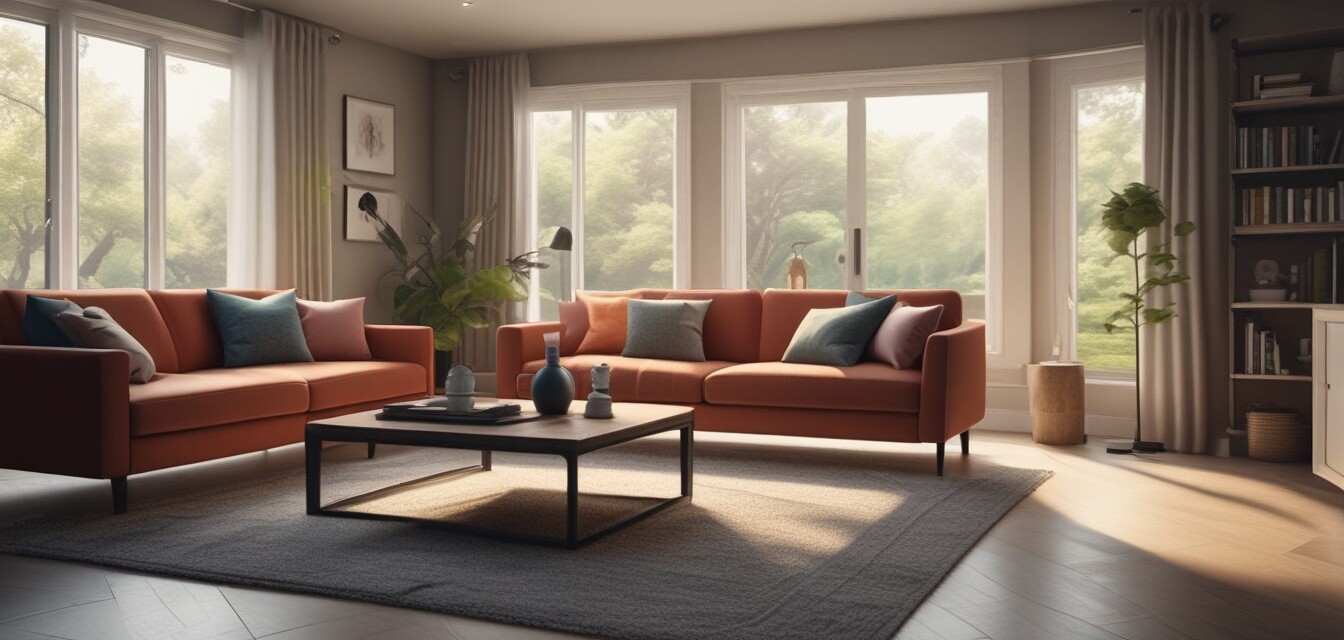
Safety Measures for Seniors Living Alone
Key Takeaways
- Implement effective home security systems to ensure safety.
- Maintain good lighting around the home to deter intruders.
- Establish a routine for regular check-ins with family or friends.
- Utilize technology, such as medical alert systems, for emergencies.
- Keep emergency contacts readily accessible.
Ensuring the safety of seniors living alone is crucial for their well-being and independence. By taking proactive measures and integrating safety technologies, seniors can live in a secure environment while maintaining their autonomy. In this article, we'll explore various safety measures that can significantly enhance security for seniors living independently.
Why is safety important for seniors living alone?
Many seniors value their independence, but living alone can pose unique risks. Enhanced safety measures provide peace of mind and allow them to engage in their daily activities without fear. A secure home environment can prevent accidents, deter crime, and facilitate quicker responses in emergencies.
Essential safety measures
Home security systems
Investing in a reliable home security system is one of the most effective ways to enhance safety. Look for systems that include:
- Motion detectors
- Security cameras
- Smart alarms
- Remote monitoring capabilities
Good lighting
Proper lighting is vital for safety. It not only makes it challenging for intruders to hide but also helps prevent accidents. Consider the following:
| Area | Lighting Suggestions |
|---|---|
| Entrances and Exits | Install motion-sensor lights to illuminate areas when approached. |
| Corridors and Staircases | Use bright, continuous lighting to avoid trips and falls. |
| Exterior Spaces | Incorporate solar lights along walkways and driveways. |
Establishing a check-in routine
Regular communication is key to ensuring safety. Family members can:
- Schedule daily or weekly phone calls
- Utilize video calls for a personal touch
- Establish a “check-in” app where updates can be shared
Emergency alert systems
For immediate assistance, seniors should consider a medical alert system. These systems provide access to emergency help with just the push of a button. Key features include:
- Wearable panic buttons
- Fall detection technology
- 24/7 monitoring service
Securing doors and windows
Ensure all entrances to the home are secure. Key measures include:
- Use sturdy locks on all doors and windows.
- Consider deadbolt locks for added security.
- Install window locks to prevent unauthorized entry.
Emergency contact accessibility
It’s critical for seniors to have a list of emergency contacts easily accessible. Create a list that includes:
- Family members
- Close friends
- Local emergency services
Place this list in a visible area and in their phone's contacts for quick access.
Additional resources to consider
For more tips on enhancing home security, you might find these articles helpful:
Conclusion
Ensuring safety for seniors living alone requires a blend of technology, personal connections, and proactive measures. By implementing these strategies, seniors can enjoy their independence while feeling secure in their homes. Building a supportive environment that prioritizes safety will contribute to their overall quality of life.
Pros
- Increased peace of mind for seniors and their families.
- Reduction in potential accident risks.
- Enhanced independence through effective technology.
- Better response time in emergencies.
Cons
- Initial costs of security systems can be high.
- Technological challenges for some seniors.
- Regular maintenance and updates may be necessary.
